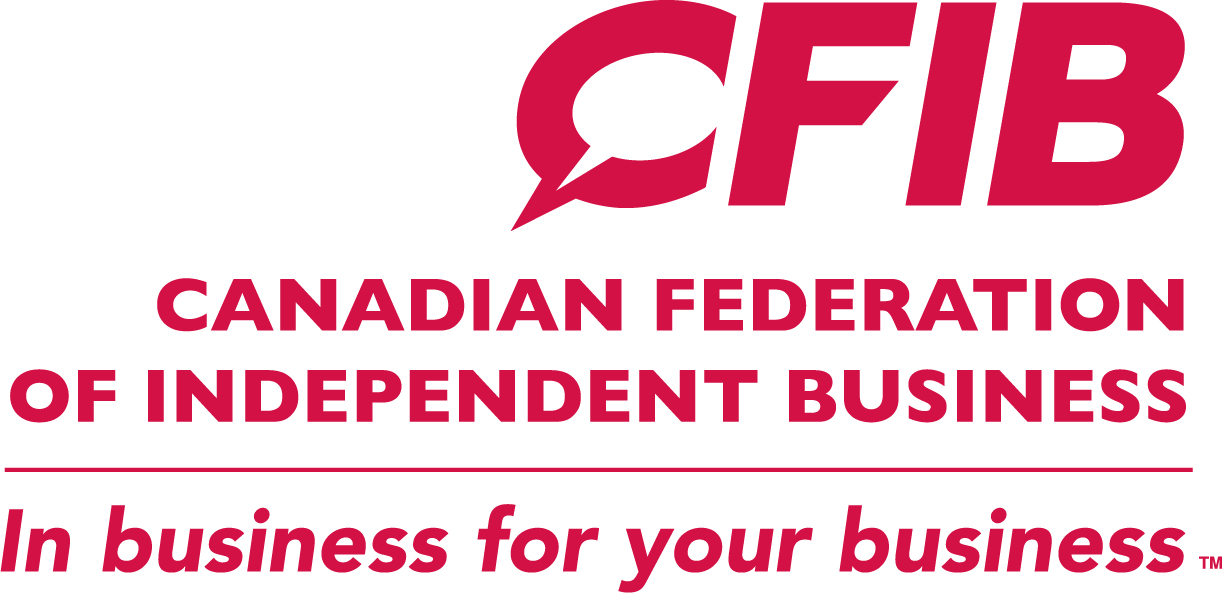Hike would initially cost economy 110,000 jobs
TORONTO, Dec. 17, 2015 /CNW/ - As federal, provincial and territorial finance ministers prepare to meet, Canada's top job creators are sending them a clear message: Say no to a mandatory Canada Pension Plan (CPP) and Quebec Pension Plan (QPP) hike that would act as yet another tax on employers' payrolls and cause even more economic damage to an already fragile economy.
The Canadian Federation of Independent Business (CFIB) sent a letter to all finance ministers in advance of their meeting, asking them to reject plans to force additional CPP/QPP premiums on business owners and working Canadians, citing new economic data showing a CPP/QPP hike would do sizeable short-term damage to the economy over the next seven years.
The current proposal would slow job growth by 110,000 positions by 2020 and swell combined federal and provincial deficits by $10 billion. It would also permanently depress workers' wages by almost 1 per cent. The benefits from future CPP benefits would take many more years to show up.
"The proposed CPP hike is a solution looking for a problem," said Ted Mallett, CFIB chief economist. "And the irony is that it's going to create a big problem, in the form of serious, up front negative effects on the economy, and on government budgets."
Add to the economic impact the fact that Canadians just don't want a hike. In fact, if they had extra money for retirement savings, fewer than one in five working Canadians would choose to invest it in the CPP/QPP, and more than a third say a hike would reduce their ability to spend on essential goods like rent and groceries. Two-thirds of small business owners, meanwhile, would be under increased pressure to freeze or cut salaries, and 35 per cent would be forced to downsize staff.
"Entrepreneurs and working Canadians alike have consistently told us they would struggle to save more for retirement than they already do," added CFIB president Dan Kelly. "Governments should listen to Canadians and focus their efforts on taking an innovative approach to expanding voluntary savings vehicles."
In order to move forward, the payroll tax increase would require the support of at least two thirds of the provinces, representing at least two thirds of the population. Kelly has met personally with four provincial finance ministers over the past month to urge them to stand against a CPP/QPP hike.
CFIB is Canada's largest association of small- and medium-sized businesses with 109,000 members across every sector and region.
SOURCE Canadian Federation of Independent Business

To arrange an interview with Dan Kelly, please contact Ryan Mallough at 416-222-8022, or [email protected].

Share this article